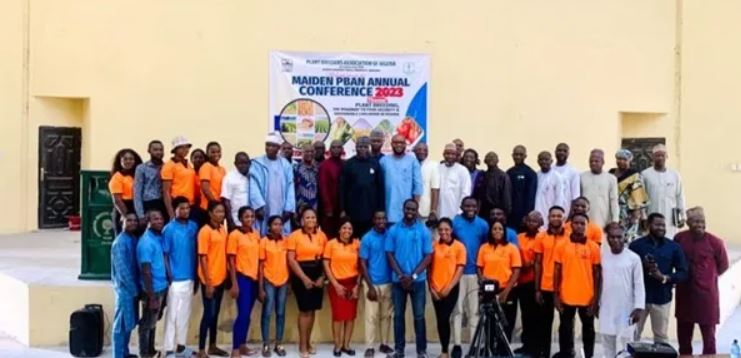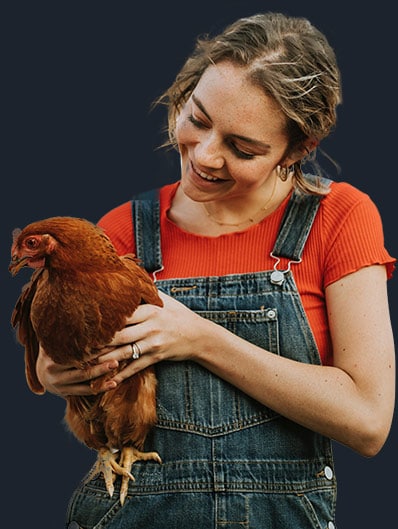The Director General of the National Biotechnology Development Agency (NABDA), Professor Abdullahi Mustapha has revealed that using biofortification in plant breeding can help fight malnutrition and also increase smallholder farmers’ incomes.
Professor Mustapha, who noted this at the Ground Breaking Hybrid Conference, held at JS Tarka University, Markudi, claimed that using biofortification varieties alternately in existing intercropping systems with maize, yams and legumes can boost dietary.
According to him, micronutrient deficiencies mainly underlie much of this malnutrition epidemic as staple crop dependence provides insufficient essential nutrients.
His words: “Using biofortified varieties alternately in existing intercropping systems with maize, yams and legumes can boost dietary. Maize also offers an appropriate entry point being a traditional staple crop and vital food security pillar for Nigerian smallholder farmers.
“These resilient, climate smart cereals suited to arid zones already provide major calorie sources in many parts of the country. Biofortifying them can thus sustainably alleviate malnutrition.
“Popularizing iron-rich cowpea and soybean will benefit women’s health and productivity given their high nutritional needs.
“Overall, mainstreaming such improved varieties across Nigeria’s diverse agro-ecologies can profoundly impact malnutrition if policies also enable farmers’ adoption and consumption.”
The generation, he elaborated, of micronutrient-dense crops through the use of biotechnology is more cost effective, sustainable and realistic.
In his own remarks, President Plant Breeders Association of Nigeria (PBAN), Professor Terkimbi Vange said the conference aims to provide a platform for researchers, scientists, educators, policymakers, and industry stakeholders to share knowledge and breakthroughs in plant breeding, fostering discussions, and contributing to sector advancement.
According to him, the conference will facilitate connections and collaborations among attendees for research projects, resource sharing, and addressing industry challenges.
Professor Vange said that through the conference, there will be an engagement with policymakers, government bodies, and industry stakeholders to address crucial issues, advocate for favorable policies, and shape the future of plant breeding practices in Nigeria.







